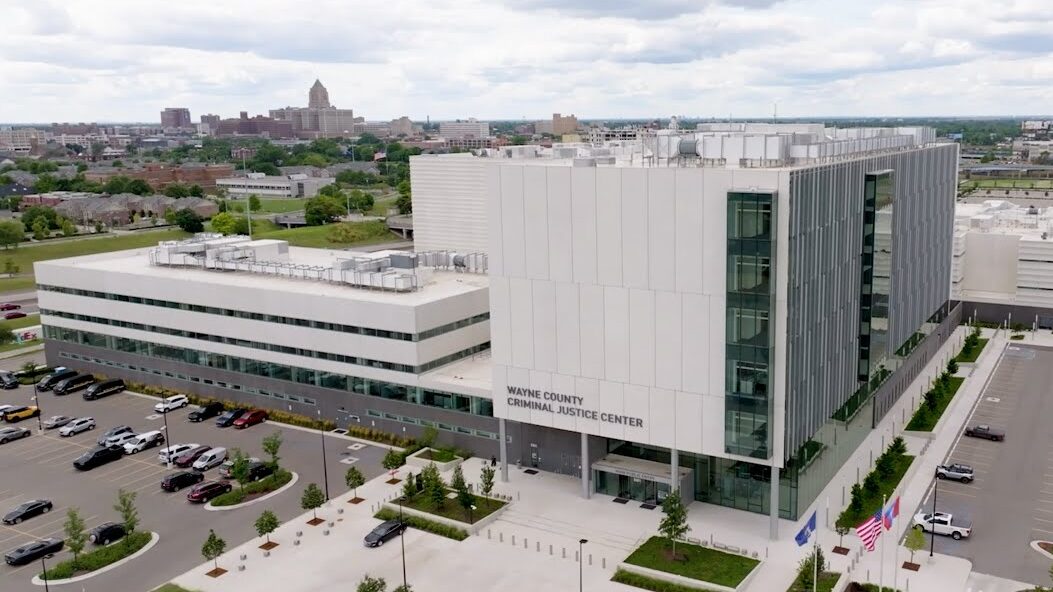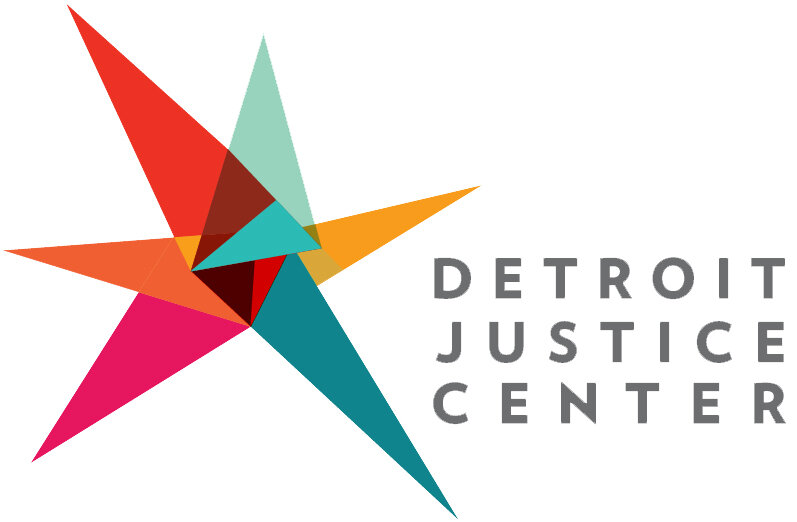
The legal landscape surrounding unhoused people has been particularly contentious in light of the Grants Pass v. Johnson ruling by the Supreme Court. While the ruling does not refer to Michigan directly, it does set a precedent for how courts and police approach unhoused people. The question put before the Supreme Court was whether or not arresting someone for sleeping outdoors when there are no other shelter options available constituted cruel and unusual punishment, in violation of the Constitution’s 8th Amendment. The court upheld the determination that it did not violate the Constitution. This case underscores a crucial point: criminalizing people for sleeping outdoors does not solve the problem; it exacerbates it. As we reflect on this ruling, it is essential to examine how incarceration is often used as a misguided solution to housing insecurity while compounding the issue.
At the beginning of this year, State Representative Emily Dievendorf was working to pass House Bill 4919, which would establish a bill of rights for unhoused people similar to one that was passed in New York City. This bill of rights would, if passed, grant unhoused people the right to sleep outdoors without being ticketed or arrested by police. While the bill has seemingly stalled out, it sits in direct opposition to the legal precedent set by Grants Pass v. Johnson, which effectively argues that police have a right to sweep encampments without warning and criminalize a city’s most vulnerable population.
In Detroit, as in many other cities, housing insecurity and incarceration are tied very closely together. This is not only due to the criminalization of the unhoused, but because formerly incarcerated people are more likely to experience housing insecurity. The two issues feed into each other recurrently. Over ⅓ of people paroled from prisons in the state of Michigan return to Wayne County, making it vitally important that returning citizens receive housing and other services. According to an August 2024 report in the Detroit Free Press, “To fully meet the need of people estimated to experience homelessness in Detroit a year, the system needs to add at least 275 emergency shelter beds and 870 units of permanent supportive housing.”
While the city has recently developed a five-year plan to address these unmet needs, Wayne County residents have spent $502.8 million dollars over the last six years funding the new Wayne County Criminal Justice Complex. Built with $167.9 million from Dan Gilbert-owned Bedrock, it’s clear that creating a new jail took priority over building permanent housing needs. The complex has 2280 beds for adults and 160 beds for detaining juveniles. While advocates for the new jail complex will argue that it is a vast improvement from the old jail, it’s clear that those constructing the facility did not account for the security of the people it would house.
Since opening earlier this month, it has been reported that the Wayne County Criminal Justice Center has faced fighting due to overcrowding and understaffing, flooding on one floor as a form of protest, and broken plumbing, all in a brand-new facility. There also seem to be issues of design that weren’t accounted for by Wayne or Bedrock: there are only five visiting rooms in total, making the facility a nightmare for attorneys who need to meet with their clients. The old facility had 2-3 meeting rooms on every floor. Beyond the lack of care paid to these needs in the design, there are also reports that meeting rooms are not soundproofed, meaning that there was no consideration given to the necessity of attorney-client privilege.
While Wayne County Executive, Warren Evans, released a statement saying the move to the new jail was a huge undertaking, and was conducted “without incident”, there has been no accountability for the structural and staffing issues at the facility that make it unsafe for those incarcerated there. As it stands, Wayne County residents can effectively be arrested for sleeping outdoors because they’re unhoused, and then be swept into a facility where they will have limited access to their attorney.
In order to build a just city, we must begin by prioritizing the needs of the most vulnerable, unlike what we’re currently seeing in Detroit. We cannot continue to allow billionaires to profit from the misery of incarcerating our communities while we wait for policymakers to address issues like housing and food insecurity. This is why we continue to fight for economic justice at DJC, and we invite you to join us.
